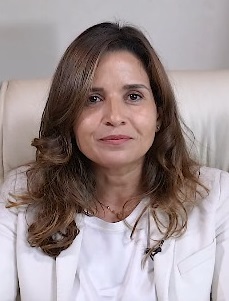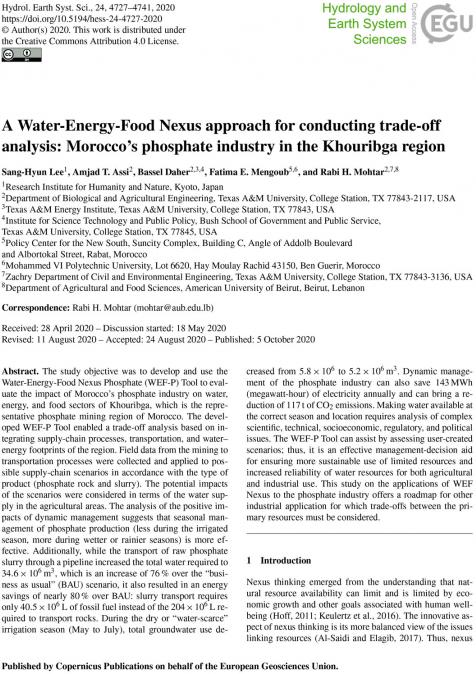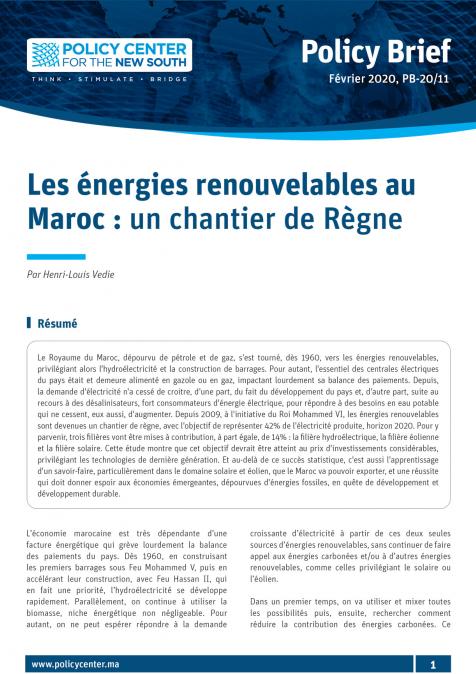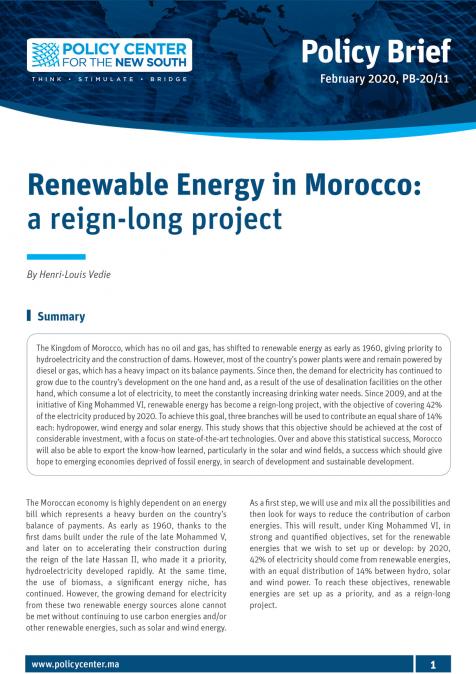This episode explores Morocco’s comprehensive energy transition strategy, emphasizing sovereignty, competitiveness, and decarbonization. It highlights infrastructure priorities, including grids, ports, storage, and LNG, and situates green hydrogen as a key lever within the energy mix. The discussion also focuses on Morocco’s role as a regional connector between Africa and Europe and its ambition to become a global clean energy hub. The episode underscores the social dimension of the transition, including jobs, regional development, and affordability, with milestones expected by 2030.
Speakers

Leila Benali
Minister of Energy Transition and Sustainable Development of the Kingdom of Morocco
...












